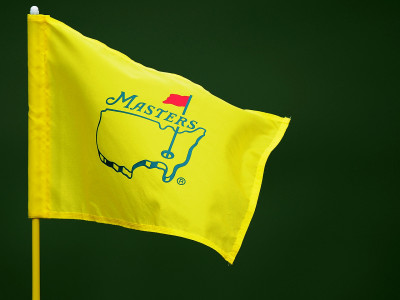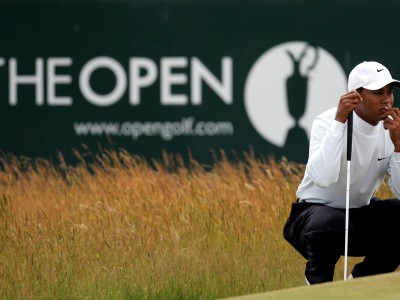Who comes second? The one who places second is no one but the first among the losers. Only victory counts. Almost all sports are perceived like this nowadays. And it does not matter whether it is the final of a professional competition or just an ordinary game of some youth league. You can see it almost everywhere; sport nowadays is often built on the principle that winning is everything. Competition is important in sport but when there is too much of it, it does not help. Is it really necessary to put the same requirements on children as on professional athletes?
Children must be allowed to make mistakes
English coach and mentor, David Carter, claims that the enormous competition does not give children enough space to make mistakes. And it is the possibility of making mistakes that can move children further. It is simply impossible to be infallible. He also condemns the emphasis on instant success. According to him, children must stay children and enjoy their friends, family and various sports. They do not have to become world champions by the time they are 15.
“There are so many players who shone among the juniors, but after the transition to adulthood, no one heard about them anymore. At an early age there are more important things than trophies. When a child has a good background, the rest will come. As for Nick Price, he played really well when he was forty years old, which also applies to Jay Haas, Vijay Singh and Miguel Angel Jiménez. Everyone is different and cannot be compared only with Tiger Woods and Rory McIlroy,” says Carter.
Children must perceive sport as a game, an entertainment in order to have space to develop. Interesting numbers were published by the prestigious Mayo Clinic in Minnesota, USA – according to its survey, 70 per cent of children quit organised sport after starting their secondary school. And the reason? According to a study of the George Washington University: sport was simply no longer “fun”.
Black and white view of the world
You might consider American studies irrelevant for European children, since competition between schools (secondary schools and universities) is not so hyped up and supported in this country. Sure, USA school teams are under scrutiny and their stars enjoy popularity already at an early age. But it is certainly not as black and white as it seems. The desire for victory at all costs is not related to whether the sport is observed. It is related to the supervision of coaches and trainers.
David Carter had a different initial experience with golf: “My father introduced me to golf. He gave me the opportunity to play, work on the course, at the driving range and coach. I didn’t go to golf camps in Spain or stay in five-star hotels. I walked around the house with a 7-iron and learned to play by myself. Of course, I’m neither Tiger nor Rory, but I think that there are plenty of children who would like to experience golf as much as I did,” he laughs.
Change of the attitude of coaches and parents
I therefore would like to change the approach of local coaches, and parents as well. “Parents want the best for their children and do what they think is the best. But it doesn’t always work. I’m a parent myself. Parents and coaches shouldn’t take a role of unquestionable authority to their children. Coaching is a partnership, so the relationship must be equal.”
A key measure should not be results, but fun. A more relaxed environment offers children the chance to enjoy the sport and establish a more lasting relationship with it. It is much harder to quit your hobby than say goodbye to hard work.










No comments